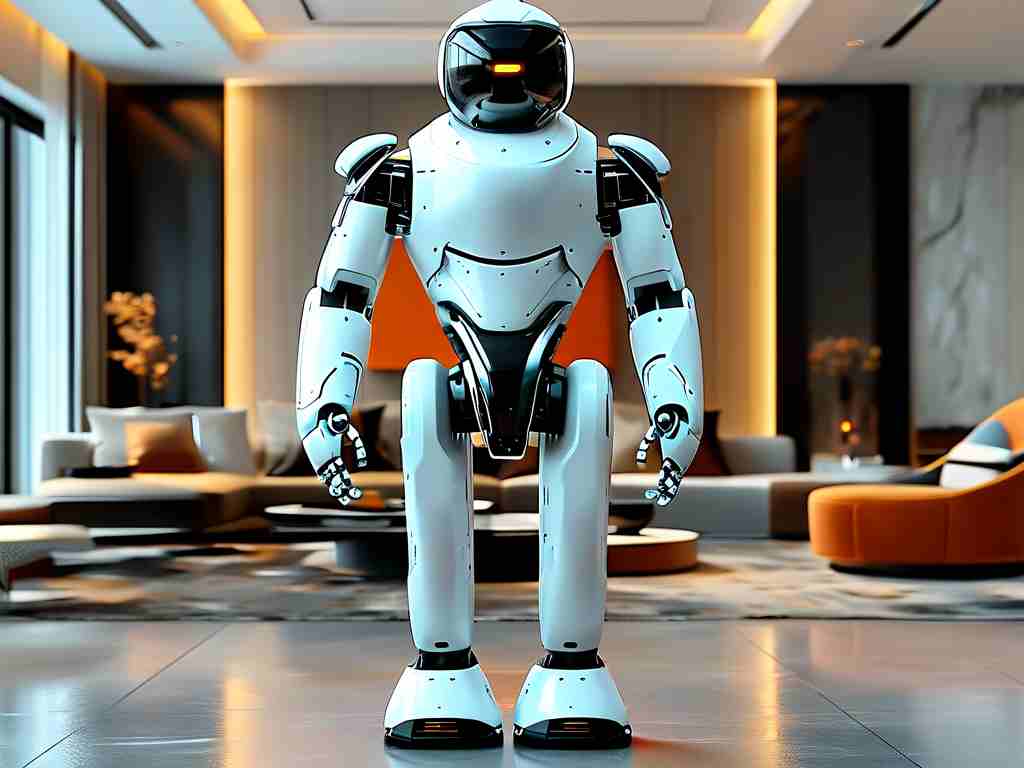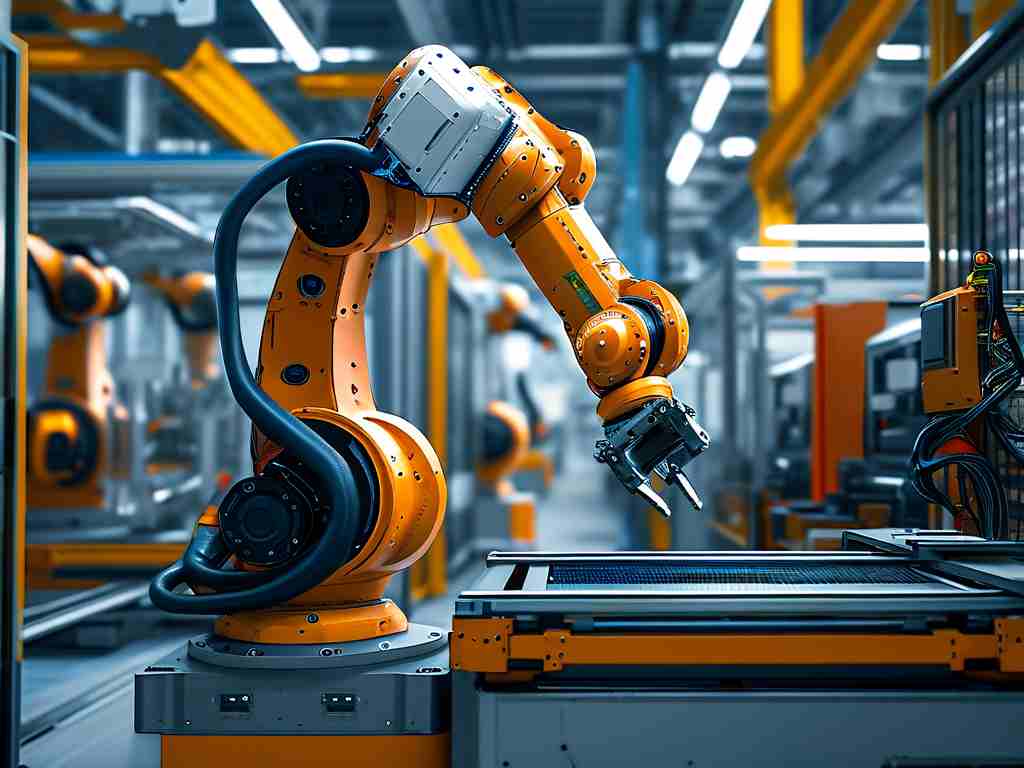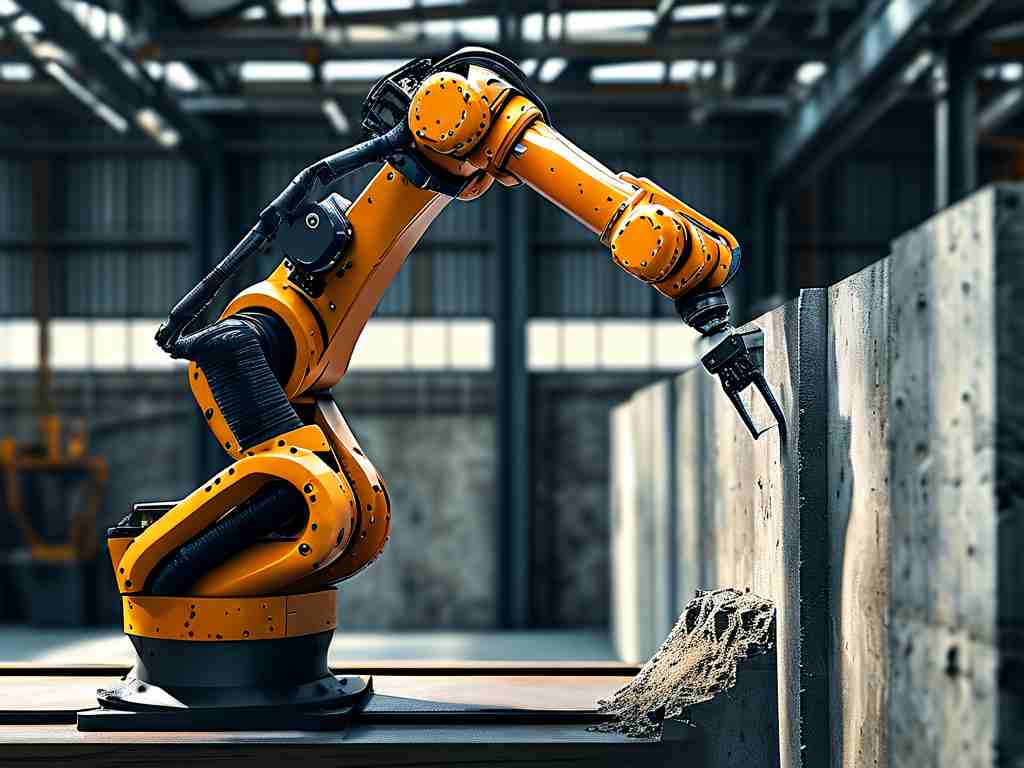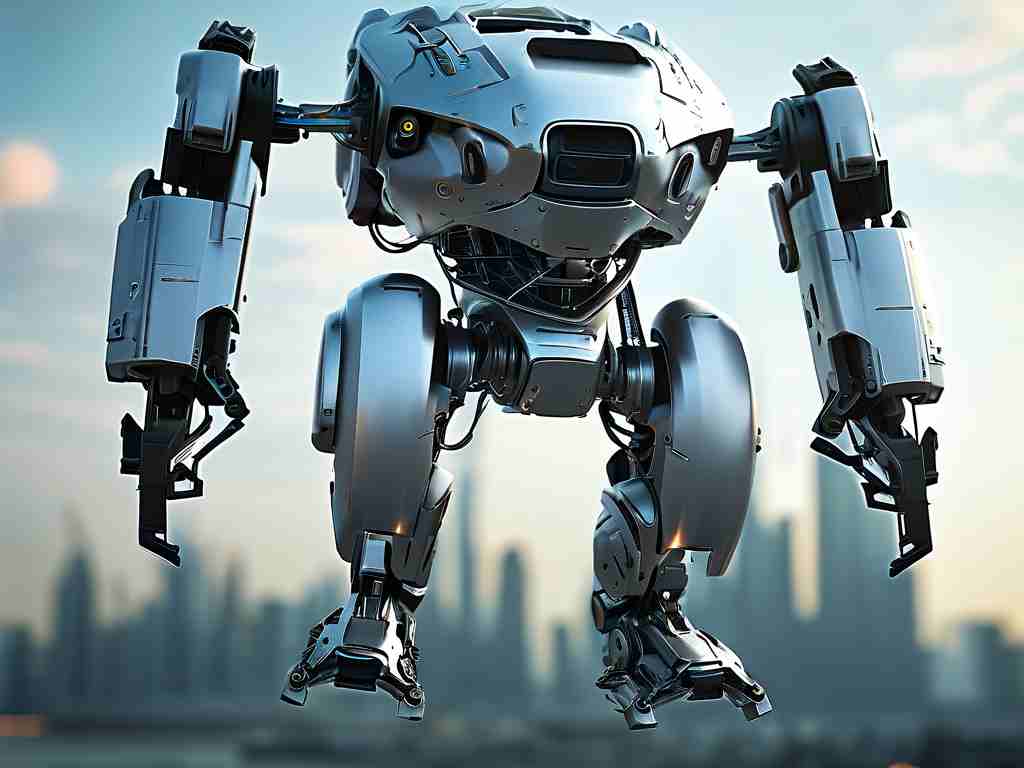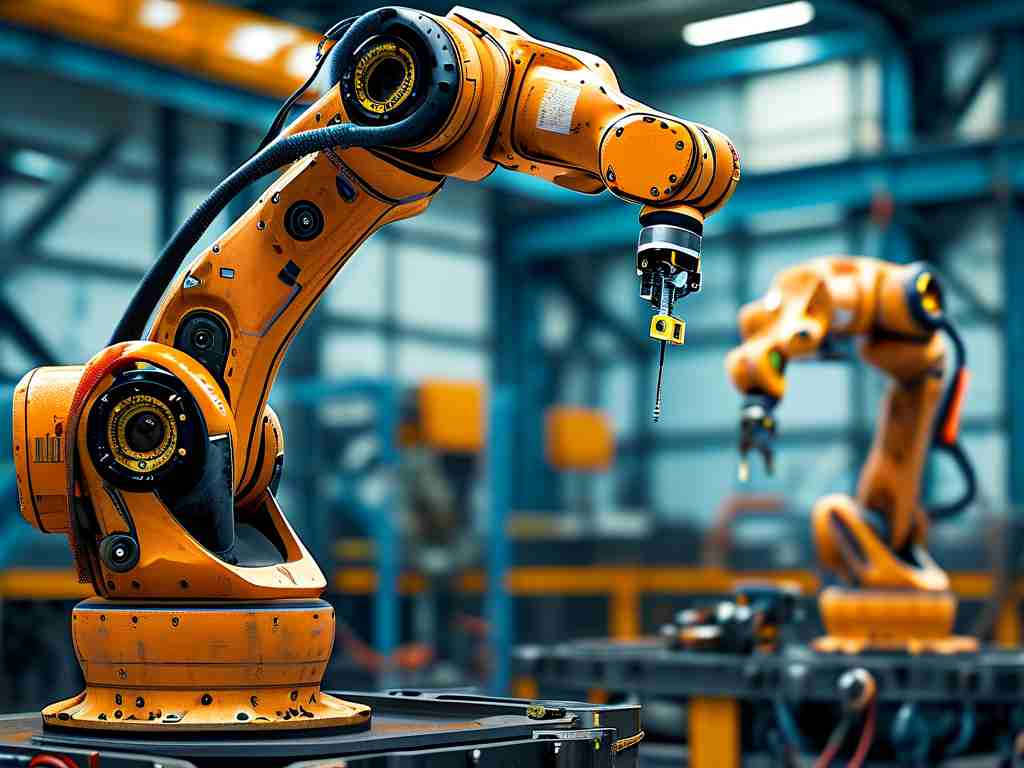The robotics technology professional major represents a dynamic and interdisciplinary field that prepares students for innovative careers in designing, building, and operating intelligent machines. This field integrates elements from mechanical engineering, electrical engineering, computer science, and artificial intelligence, creating a comprehensive educational pathway that addresses the growing demand for automation in industries like manufacturing, healthcare, and logistics. As automation transforms global economies, pursuing a robotics major offers students not only technical expertise but also critical problem-solving skills essential for future technological advancements.
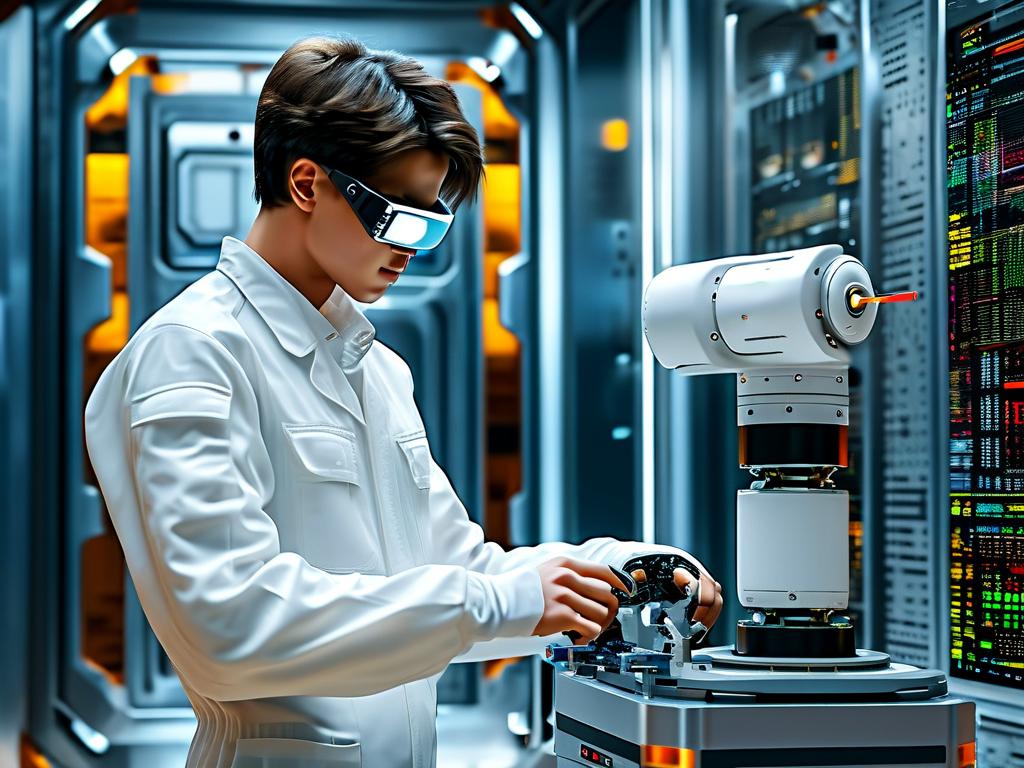
In essence, robotics as a professional major covers a broad spectrum of sub-disciplines. For instance, mechanical design focuses on the physical structure and movement of robots, involving courses in kinematics and materials science. Electrical components delve into control systems and sensors, teaching students how to integrate hardware for precise operations. Meanwhile, computer science aspects emphasize programming languages like Python or C++, which are vital for developing robot intelligence through machine learning algorithms. This holistic approach ensures graduates can tackle real-world challenges, such as designing collaborative robots for factory floors or autonomous drones for delivery services. Educational institutions worldwide offer specialized degrees at undergraduate and graduate levels, with curricula that blend theoretical lectures with hands-on labs, fostering practical experience in building prototypes. Students often engage in capstone projects, such as creating rescue robots for disaster response, which enhance their creativity and teamwork abilities.
Beyond academics, the career prospects for robotics majors are exceptionally promising. Graduates frequently find roles as robotics engineers, system integrators, or research scientists in sectors ranging from automotive to aerospace. For example, companies like Tesla or Boston Dynamics hire specialists to develop self-driving cars and agile humanoid robots, driving innovation in efficiency and safety. The rise of Industry 4.0 and the Internet of Things (IoT) further amplifies job opportunities, with projections indicating a 15% annual growth in robotics-related positions over the next decade. However, this field also presents challenges, such as ethical considerations in AI deployment and the need for continuous learning to keep pace with rapid technological shifts. To thrive, students must cultivate soft skills like communication and adaptability, which complement their technical prowess. Overall, robotics education not only equips individuals for high-demand careers but also contributes to societal progress by advancing solutions for environmental sustainability and healthcare accessibility.
Looking ahead, the future of robotics majors is poised for exciting developments. Emerging trends include the integration of quantum computing for faster robot decision-making and the expansion of soft robotics for delicate tasks in medical surgeries. Aspiring professionals should embrace interdisciplinary learning and seek internships to gain industry exposure. By investing in this field, we can address global issues like labor shortages and climate change, making robotics a cornerstone of modern innovation. Ultimately, a robotics major empowers the next generation to shape a smarter, more automated world.


